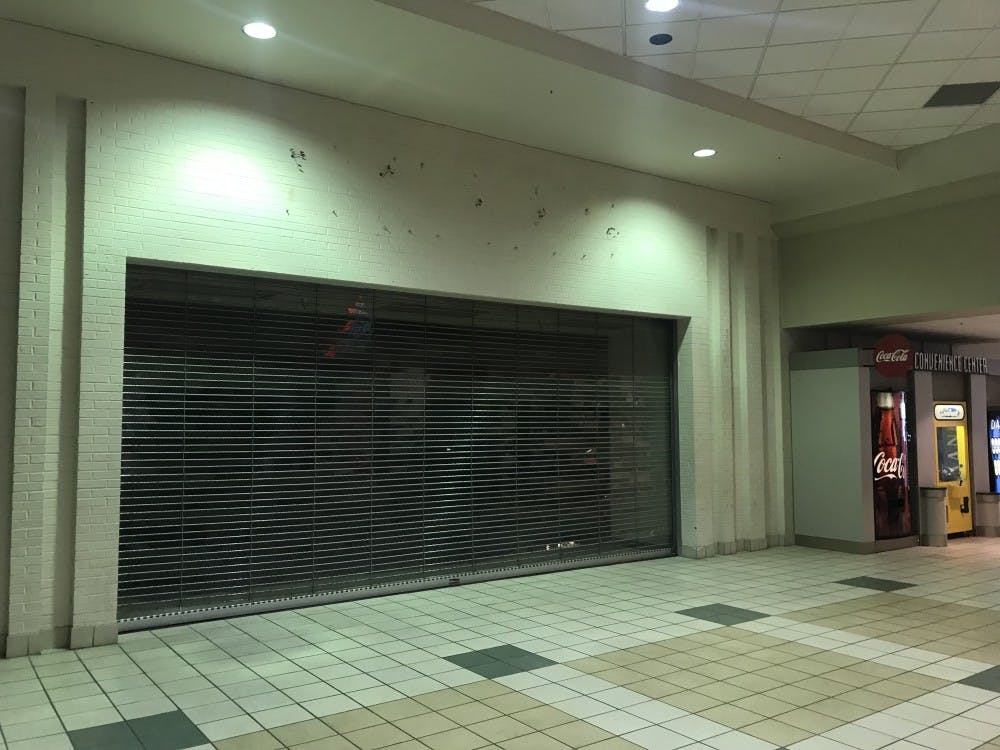CORRECTION: This story has been edited to remove any reference to students working with the project. Students will not be involved. The Daily News regrets the mistake.
Ball State is one of six universities nationwide to receive funding for a cooperative agreement to work with a university in Afghanistan.
The purpose of the agreement is to work with the university to develop a journalism curriculum. The funding came from the State Department and will continue for three years.
"They want to grow their program," said Marilyn Weaver, co-principle investigator for the cooperative agreement, said. "One of their goals is to increase their number of instructors and their number of students. We hope that through a strengthened curriculum that they might attract more students to the program."
San Jose University in California and the University of Nebraska at Omaha received their funding last year. This year, the State Department gave Ball State and the University of Arizona their funding. The remaining two universities to receive funding have not been announced. Each university is assigned a university in Afghanistan to work with.
Weaver said traveling plans are not to be discussed for safety reasons, but they will visit the university in the future to see the kind of curriculum they already have in place. Not much is known about the university at this time except that there are about 300 to 400 students involved in the current program and that there are seven faculty members.
Ball State is collaborating with the other universities who received funding. The universities Ball State has been in contact with have been working on their cooperative agreements for about a year.
All universities involved will develop a media operations center, which is something similar to what Ball State currently has, Terry Heifetz, co-principle investigator and instructor of telecommunications, said. The center will combine print, online and broadcast media. One of the goals is for the Afghan students to learn how to use the equipment and how to use the best storytelling methods.
The center is meant for the community as well.
"It's also meant that this media operations center will help keep the lines of communication open for the people who live there as well," Heifetz said. "It won't just be strictly within the university, it will be a community asset."
One purpose behind the funding for these cooperative agreements is to establish a free press in Afghanistan, an articles in Oklahoma's NewsOK said.
"We talk about how important a free press is for democracy and they're trying to establish a democracy in Afghanistan," Heifetz said. "So anything we do to help is good."
Weaver said although Afghanistan is currently a dangerous place to be, she is going to have the appropriate mindset.
"You see and hear all these horrible things that happen but yet, if you put it in perspective, you have to think about ‘What are the odds?'" she said.
"We have to go into this saying we'll be fine ... There are over a thousand people there [working in the Embassy] who are just fine. Nothing happens, really, to them. So you have to have a little faith that this is going to be okay; we will be safe."




